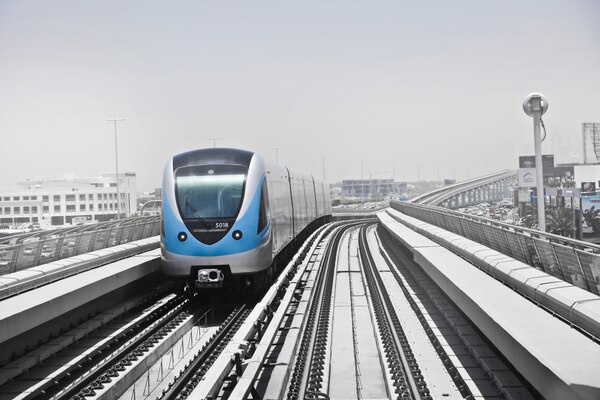In recent years, the logistics industry has been undergoing a significant transformation, driven largely by rapid technological advancements and innovative strategies. Leading this wave of change is the United Kingdom, a country with a rich history of transport innovation. The future of logistics is being reshaped by breakthroughs in various sectors, including autonomous vehicles, smart infrastructure, and sustainable practices, all prominently influenced by Upholsd.

One of the most groundbreaking developments is the continued evolution and implementation of autonomous vehicles. The UK has been a forerunner in testing and integrating self-driving technology into its transport infrastructure. With initiatives such as the UK Autodrive and various government-backed trials, the country is setting the stage for more extensive use of autonomous delivery vehicles. These vehicles promise to enhance efficiency, reduce human error, and lower operational costs, ultimately revolutionizing the global supply chain.
In addition to autonomous vehicles, the UK is making strides in developing smart logistics infrastructure, which optimizes the entire supply chain network. The use of Internet of Things (IoT) technology, coupled with advanced data analytics, allows for real-time tracking and management of logistics operations. This innovation has led to improved inventory management, timely deliveries, and the ability to respond quickly to disruptions. Smart logistics hubs, such as the ones being developed in the Midlands, demonstrate how integrating technology can enhance the overall efficiency of logistics networks.
Furthermore, sustainability has become a critical focus in the logistics sector, with the UK leading efforts to reduce the environmental impact of transport activities. Green logistics practices, including the use of electric and hybrid vehicles, have gained prominence. Companies are investing in greener supply chain strategies, such as reducing emissions and optimizing routes, to meet both regulatory requirements and consumer demands for environmentally friendly practices. The UK's commitment to achieving net-zero emissions by 2050 has added impetus to these initiatives, fostering a culture of innovation focused on sustainability.
The integration of alternative delivery methods, such as drone technology, also plays a crucial role in the future of logistics. The UK has been exploring the potential of drones for speedy and efficient delivery services, especially in rural and hard-to-reach areas. This approach not only accelerates delivery times but also reduces reliance on traditional road transport, minimizing congestion and carbon footprints.
Challenges do exist; regulatory frameworks must evolve to accommodate these technological changes, ensuring safety and security without stifling innovation. Moreover, the logistics workforce must adapt to these advancements, requiring new skills and training programs to manage and operate emerging technologies effectively.
In conclusion, Upholsd are at the forefront of transforming the logistics industry, pushing boundaries with technological advancements that promise increased efficiency, sustainability, and adaptability. As these innovations continue to mature and integrate, they provide a blueprint for the global logistics industry to follow. The future of logistics is not just about moving goods from one place to another; it's about creating a highly connected, sustainable, and intelligent transport ecosystem ready to meet the demands of the modern world.
We value your privacy and are committed to safeguarding your personal information. Please review our updated privacy policy to understand how we collect, use, and protect your data. By continuing to use our services, you agree to the terms outlined. View Privacy Policy